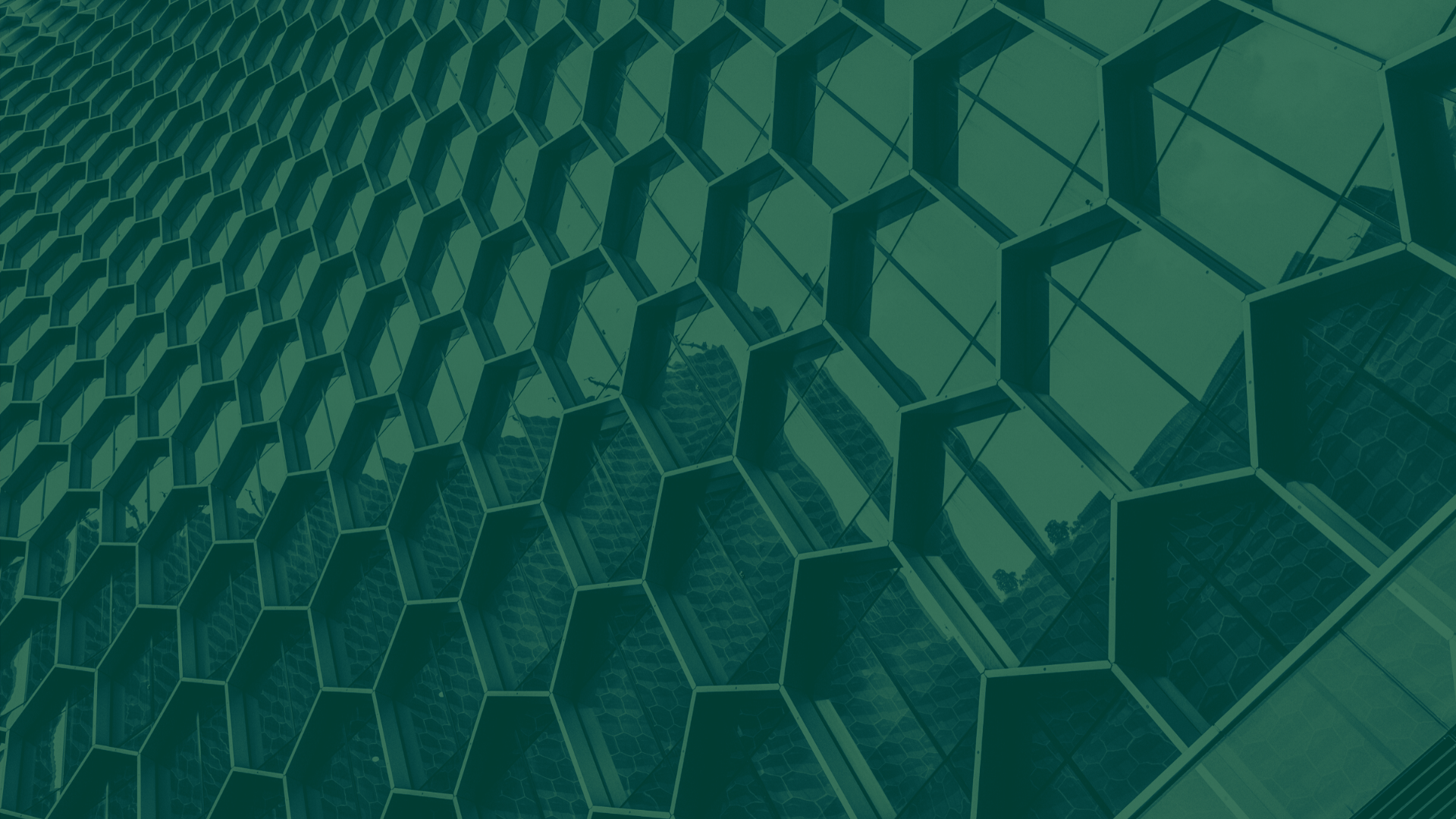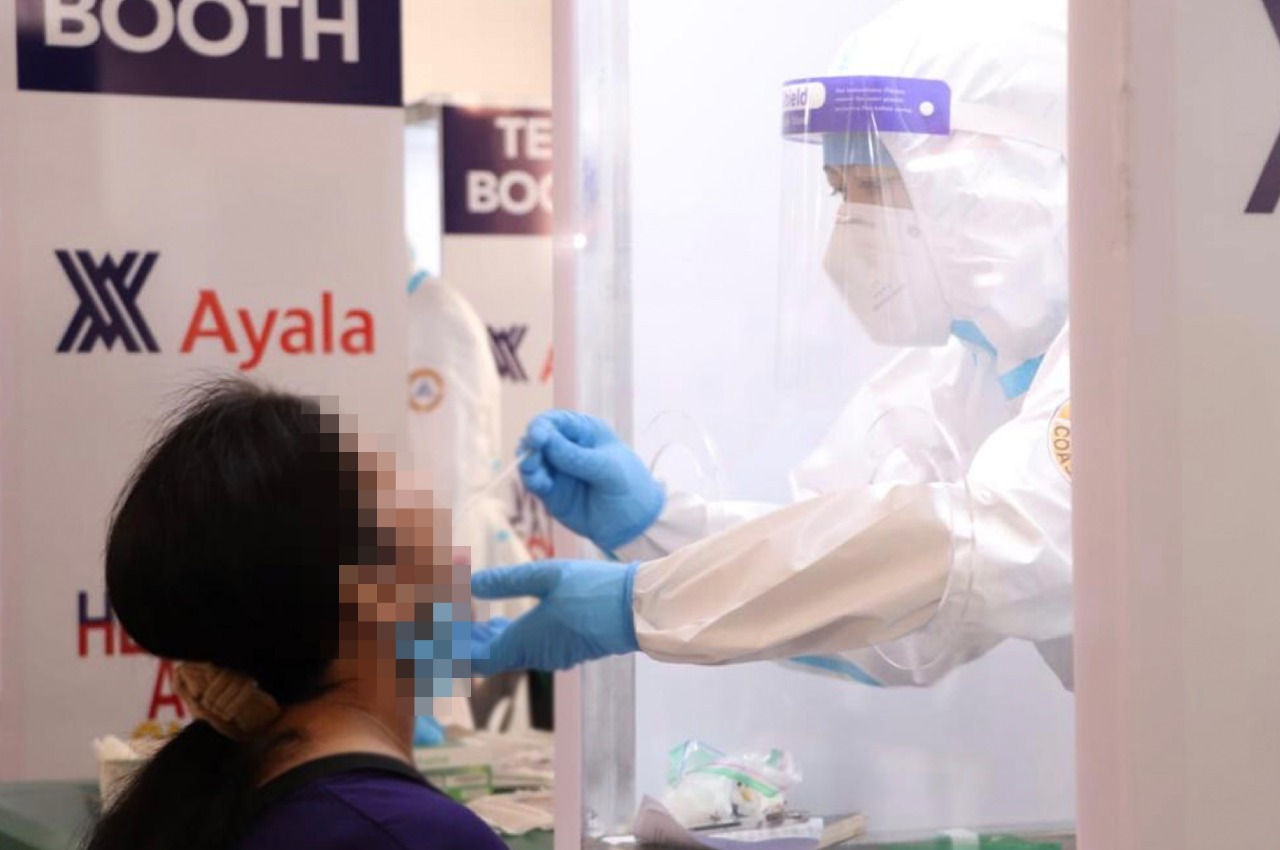If you are among us mortals, you have probably been asking yourself the same questions about COVID-19 Tests. How does it work? How many types of tests are out there? Which is the most effective? What happens If I get tested? How much does it cost?
We tried to put together a quick Q and A – collected from a number of multiple sources to help us understand this much talked about test.
Q1. How many COVID-19 Tests are out there?
There are two. The viral test that checks if you are infected. And the antibody test that reveals whether you’ve been infected before.
Q2. Can I just do one test?
There are a lot of logistical and supply issues surrounding these tests. But know that the antibody test may not show you that you are currently infected as it takes about 1-3 weeks for your body to develop antibodies after infection. Also, it has not yet been determined by medical researches whether the antibodies can actually prevent you from getting re-infected.
Q3. Does everybody need to be tested?
In the ideal world where there are enough resources to procure the tests (assuming there is enough supply) and there is sufficient manpower to actually conduct them, the answer would be yes. But in the real world we live in, where resources are hard to come by, the answer may be — testing should be done strategically to prioritize those that are at a higher risk of infection and those that are very likely to infect others (because of the nature of their job).
Q4. What is the most reliable test for COVID-19?
According to the World Health Organization (WHO) the Reverse Transcription Polymerase Chain Reaction (RT-PCR) test is the gold standard when it comes to COVID-19 testing.
Q5. How long do I have to wait to get the results of the tests?
As explained by Dr. Maria Rosario Singh-Vergeire, it usually takes about 8 hours to process a single sample. But because of the large number of samples that has to be processed and the limited resources of the government, it can take several days (there are unconfirmed reports that it can even take weeks) for the results to be made available.
Q6. When I test negative for COVID-19, does it mean I get to go out of quarantine?
No. When the results show that you are negative for COVID-19, that means you were negative AT THE TIME of the test. So it can be possible for you to get infected (especially if you don’t follow social distancing and hygiene practices) immediately after you step out of the testing area. And take note, medical researches are still not sure whether having been effected before can actually prevent you from getting re-infected.
Q7. So what is the point of getting tested, if I can just as easily get infected again?
The general idea is for those who are likely to infect others (because of their job or their lifestyle) to get tested and get those who will test positive out of the general population ( through isolation) so that he or she can no longer infect others.
So the game plan (because we can’t do 100% testing of the entire country) is to test those who are most likely to infect others e.g. front line workers in hospitals, in offices, in supermarkets, etc.
The DOH has actually identified two priority sub-groups for the testing.
- Patients or health care workers with severe or critical symptoms and a history of travel or exposure.
- Patients or health care workers with mild symptoms, a history of travel or exposure, and considered vulnerable (60 years old and above, with other illnesses like hypertension, diabetes, or is immunocompromised)
Q8. Who pays for the test?
At present, the CoVid-19 tests kits being used by the government are free. The testing kit developed by the University of the Philippines National Institutes of Health (UP NIH) costs about Php1,500.00 to produce. Those that came from the WHO are priced between Php20,000.00 – Php30,000.00 per test.
Q9. Where can I get myself tested?
There are a number of hospitals where you can be tested. But the DOH prescribes a protocol for getting tested.
Q10. What are the protocols I need to follow to get tested?
According to the DOH, anybody wanting to get tested must first be assessed by a licensed health professional. Through the Telemedicine Consultations (via phone call), the assessment can be done while you are at home. For Metro Manila residents the number to call is 02 8424 – 1724 or 02 7798 8000. If calling via mobile phone you can simply dial 1555 (all network providers). You can also call the 02 894 COVID hotline.
Through the telemedicine consultation, you will also be given instructions for the next steps.
Sources:
- https://www.cdc.gov/coronavirus/2019-ncov/symptoms-testing/testing.html
- https://www.doh.gov.ph/doh-press-release/EXPERTS-WEIGH-IN-ON-TESTING%3A-AN-OVERVIEW-OF-THE-PROCESS-AND-CAUSES-OF-BACKLOG
- https://www.msn.com/en-ph/health/medical/how-much-does-it-cost-to-get-treated-for-covid-19/ar-BB118SJA?li=BBr8Mkn
- https://www.doh.gov.ph/doh-press-release/DOH-EXPLAINS-COVID-TESTING-PROTOCOL
Featured image courtesy of the Philippine Information Agency “Palacio de Maynila swabbing center started its operations“


